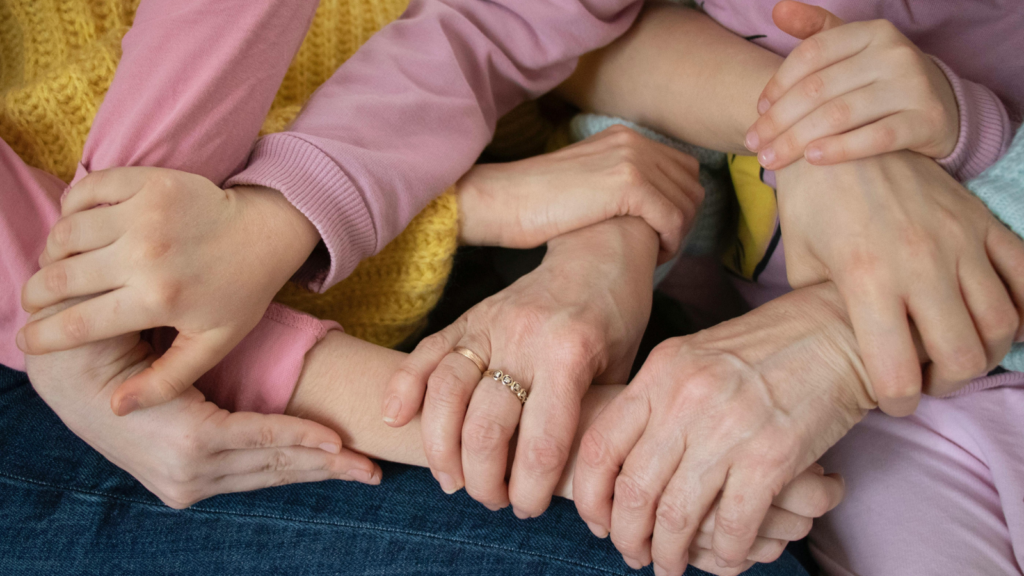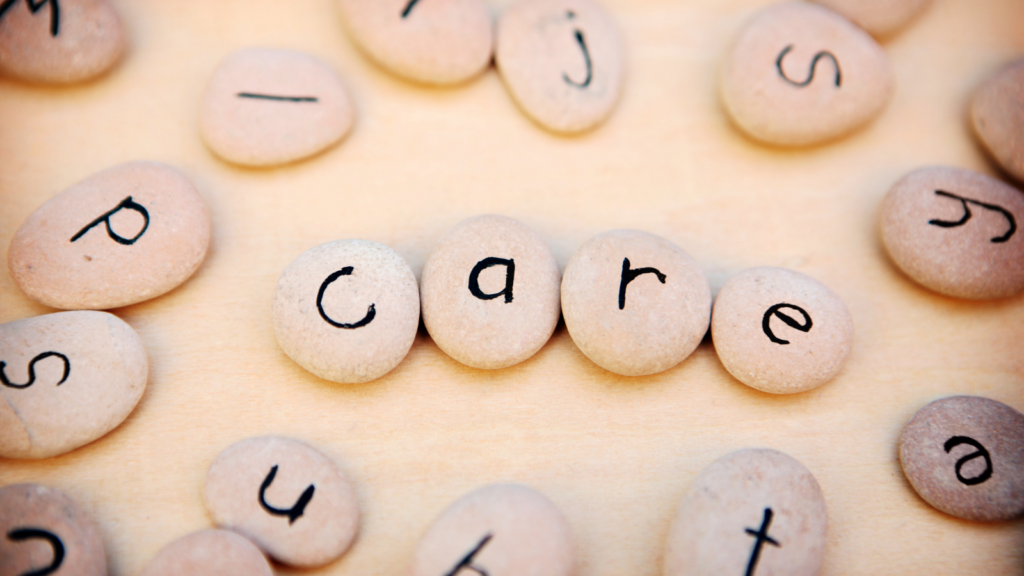Content warning: this article and documents within include material about child sexual abuse that some people might find confronting
A three-minute read?
My abuse was done to me over 50 years ago. I realise how lucky I was that this was even before home cine cameras. The man doing these things to me did not film me. There are no images of me on the internet.
In the 17 seconds you have taken to read this far, footage or images of at least 34 children being abused have been uploaded onto the world wide web. 2 per second. This is the rate of appearance of the kind of material Apple is wilfully failing to detect.
We know it is disingenuous to say “the technology is simply not there to practice detection and removal, without endangering encryption and so privacy”. We know this argument is false; terrorist activity can be readily detected, so why not abuse? Such technology is already used to remove malware, and many of these tools are already in use now to capture known perpetrators, but could soon be forbidden. We know the argument condemns untold numbers of pre-verbal children, prepubescent children, young and older adolescents to appalling sexual violation, but the great problem is we have not persuaded enough European lawmakers to act on this reality.
The power of competition between the technology companies whose commercial watchwords are “privacy” and “encryption” is frightening. Their lack of moral compass is frightening. I could use a stronger negative but let us keep negotiations possible.
110 images have been uploaded
So what is the way forward?
On 9 November, I signed an open letter along with more than 80 other survivors of child sexual abuse and child rights advocates, urging Members of the European Parliament and national representatives from the Council of the EU to correct course from this regressive path they’re taking. Survivors like myself with the Brave Movement have been advocating in Brussels and other EU capitals during the past year, speaking face-to-face with representatives who promised us they would not fail to address our plea: that they would honour what we have suffered by protecting future generations from experiencing the horror of having their most intimate violation available on the internet, for anyone to view and abuse. Now, we’re calling on these lawmakers to honour their promises and their duty to protect our children.
With the compromise the European Parliament is bringing to the trilogue negotiation table, what they have proposed is in fact a step backward from what law already exists today. How did we get here? How did we go from the original proposal – a strong Regulation that would help us progress forward to detecting and removing the hundreds of millions of child sexual abuse images and videos online – to a watered-down document that actually puts us in a worse position than we are in now? The proposed compromise of the European Parliament as it’s written today would eliminate the ability for platforms to voluntarily detect online child sexual abuse, not allow for the detection of grooming, and would restrict the technology to detect to such a small group of individuals that the Regulation would fall short in tackling these crimes at scale.
Whatever the reason, it’s not yet too late to do the right thing. European lawmakers and national leaders: as a survivor, I am asking you, don’t ignore our truth. Don’t turn away and hope we will go away. We won’t. We will not be silenced anymore.
250 images
In my case, a truthful film about the psychological effects of my abuse was made three years before I even dreamed about becoming an activist. Recently, without my knowing anything about it, an American survivor showed it to a German priest, who showed it to an Irish Administrator, who showed it to a Pontifical Commissioner… and suddenly last week I was performing live at the Vatican, to frankly stunned senior clerics from 20 different countries across the world, focusing on Child Protection in the Roman Catholic Church. Was it useful? The answer: only they know, but their gripped attentiveness suggests so. Truth speaks. Truth shifts perceptions. Speak Your Truth. I remember the US Politician in a lift telling a rape victim “Your truth makes me uncomfortable. Go away.” We must never go away with our truth.
I leave the final word to Rhiannon, from the Marie Collins Foundation. Her abuse 20 years ago was filmed and uploaded onto the internet and is very possibly still there. “At some point, we have to accept that the figures for tech-assisted abuse are so high and it’s happening to so many children, we have to deal with how we respond to this.”
3 minutes. 360 images.
About the author:
Patrick Sandford is a survivor of child sexual abuse and member of the The Brave Movement. Patrick’s autobiographical play can be watched at www.sohotheatre.com/player Then scroll down to GROOMED. French subtitles are available.
Further information about the proposed law of the European Commission on preventing child sexual abuse can be found here.
**DISCLAIMER: All opinions in this article reflect the views of the author, not of COFACE Families Europe**





